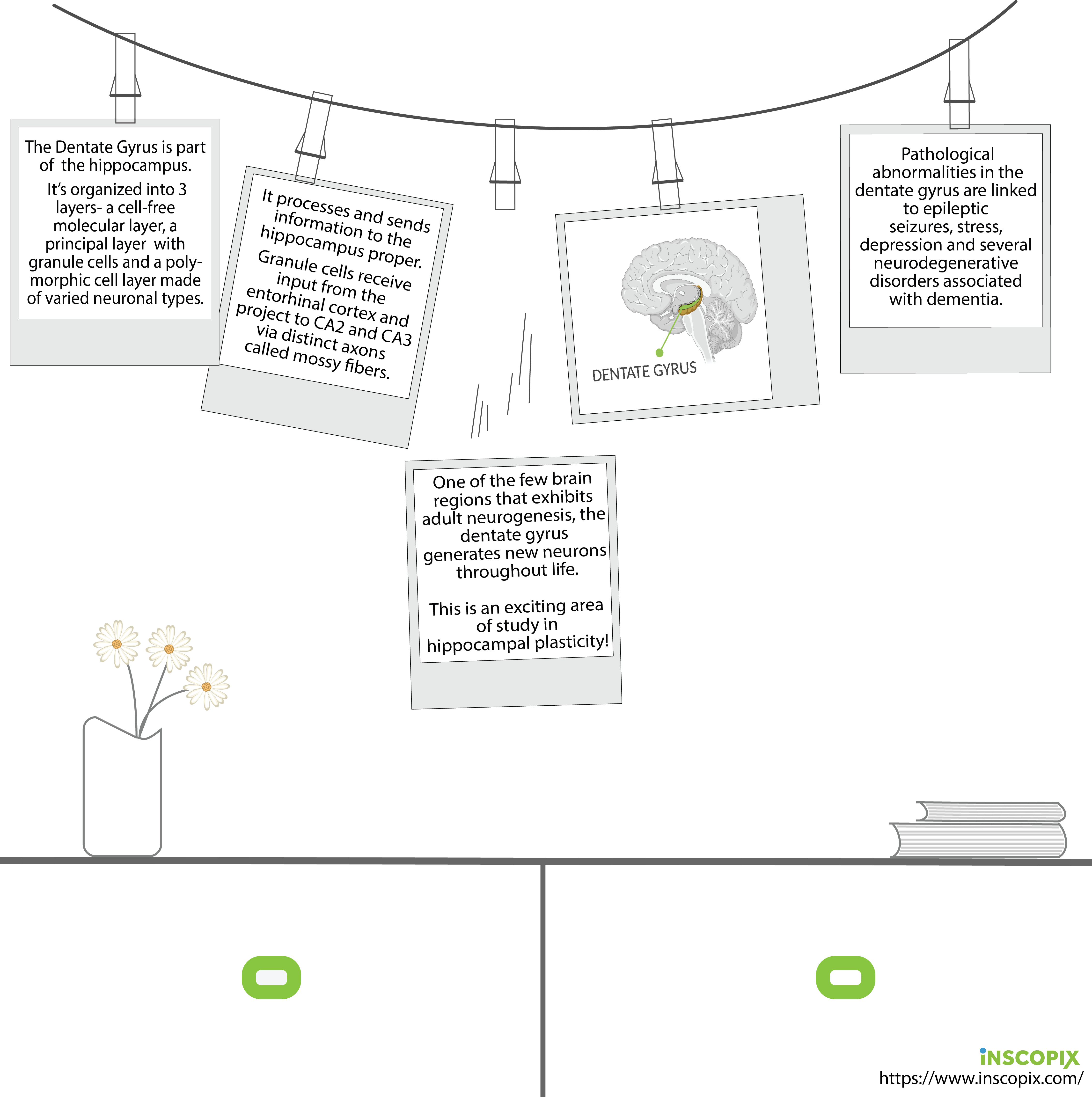Parkinson’s disease (PD) is a neurological disorder that affects 6 hundred thousand to more than 1 million people in the United States, or over 6 million worldwide, making it the second most prevalent brain disease behind Alzheimer’s. This disease presents differently in every individual but is typically marked by motor symptoms such as resting tremors,
From behavioral studies on learning and memory to sleep-wakefulness, 2023 was a year full of researchers uncovering…
Image: Data courtesy of Jones Parker lab – Northwestern University. Efforts to develop more effective drugs for treating…
Pregnancy and childbirth are extraordinary experiences that profoundly change a mother’s life. But did you know that the…
Most recent
The sense of smell is an evolutionarily primitive one, and the species that rely on it for survival are many. It isn’t surprising, then, that a sophisticated neurobiology has evolved to allow for external olfactory information to be transmitted, processed and translated into behavioral responses. This is what Dr. Walter Fischler studies as a postdoctoral
Believe us when we say that this year’s record number of abstract submissions for the Inscopix Tech Awards had us dancing for joy- the neuroscience being done by all of the submitters is truly inspiring! Thank you to everyone pioneering such innovative circuit neuroscience using Inscopix technology, to empower you is what we work towards
Some of us collect books, some others collect stamps or coins or shells or shoes, but almost every one of us collects one thing- memories. We love them or hate them, we hang them on our walls sometimes, we’re defined by them. An important region of the brain that encodes for new memories is the
As we go through life, our brain has the amazing capacity to change and adapt to the body and the external environment. This is known as neuroplasticity, and an especially plastic part of the brain is the dentate gyrus (DG) of the hippocampus neurogenesis, responsible for important cognitive functions such as memory formation and certain
Neuromodulation has the potential to transform how we treat chronic conditions of the nervous system, from pain, injury, and even certain neuropsychiatric conditions. Dr. Kip Ludwig leads the Bioelectronic Medicines Laboratory at the University of Wisconsin. There he develops next-generation neuromodulation therapies that use minimally invasive strategies. One way Kip explores how neuromodulation affects neural
Chronic pain affects 290 million people worldwide, and is an extremely unpleasant experience to endure every day. No wonder global sales of chronic pain medications are the highest of any neuropharmaceutical sales topping over 26 billion globally. The need for pain relief that doesn’t produce unwanted side effects, like a serious addiction, has reached an









